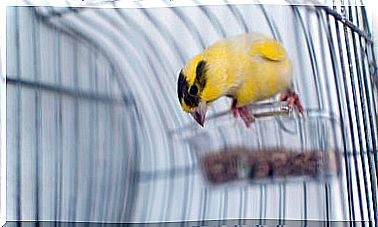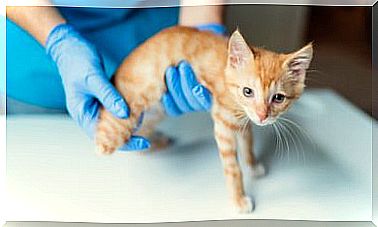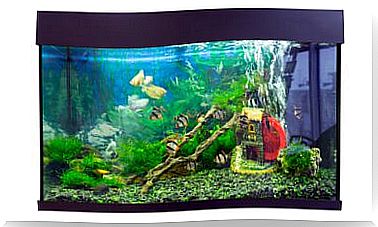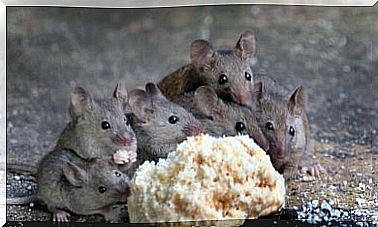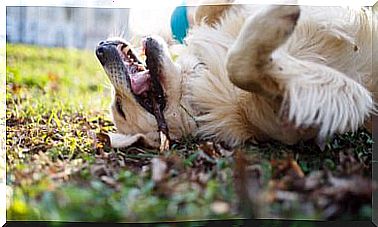Four Foods With Probiotics For Dogs
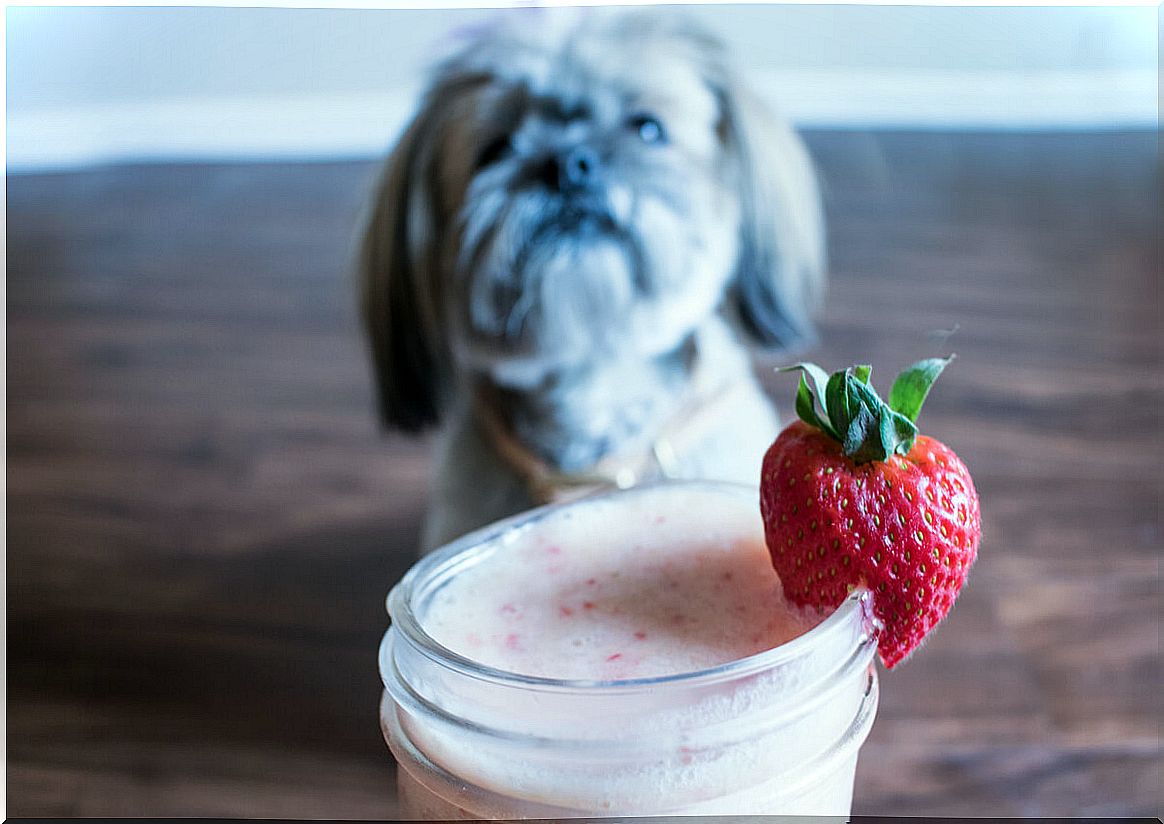
Nowadays, probiotic foods for dogs have become fashionable. This is because various studies have found that these foods provide numerous benefits, both in humans and other animals. A balance of the intestinal flora is essential for individual well-being, and of course, this rule also applies to pets.
Do you know the role of probiotics in the body? Next, we will investigate a little more about foods with probiotics and which ones can be administered to dogs.
Prebiotics are different from probiotics
First of all, it is essential to know how to differentiate prebiotics from probiotics. Both are beneficial for the body, but their impact and composition are different.
Probiotics are living microorganisms whose presence is beneficial for the balance of the intestinal flora of the body . Normally, they are included in the diet through preparations.
On the other hand, prebiotics are not microorganisms, but rather complex sugars. They act as fuel for healthy bacteria in the gut and reduce the growth of pathogenic organisms.
What is their role and when are they used?
These microorganisms are generally part of the body’s microbiota. However, factors such as antibiotic treatment or stress can reduce its presence in the affected body.
This, in turn, favors the growth of bacteria or other harmful microorganisms. In this way, the body becomes more vulnerable to food-borne infections. The role of probiotics is to maintain proper intestinal function. Taking into account its function, its balanced presence is essential in the body.
As for their consumption, they are recommended for digestive disorders caused by stress. They are also often advised when antibiotics have been administered, since these drugs unbalance the flora.
What genres are the most used?
As for the most used genera, they belong to different bacteria: Lactobacillus, Lactococcus or Bifidobacterium. However, probiotic products may include other species of non-bacterial origin, such as the fungus Saccharomyces spp .
Criteria for a good probiotic
Playing such an indispensable role in the body, probiotics have to meet a number of requirements. These conditions identify a good probiotic, which can be ingested without negative consequences:
- All strains that are used must have been classified as non-pathogenic strains. In this way, the administered supplement is safe for the body.
- The microorganisms must present resistance to survive in the digestive tract and the intestinal ecosystem. The digestive system has very difficult living conditions.
- They must stimulate the immune system. Several studies link the presence of probiotics with the regulation of the immune system and protection against some diseases.
- They must survive throughout their functional process and support the already existing intestinal microbiota in the body.
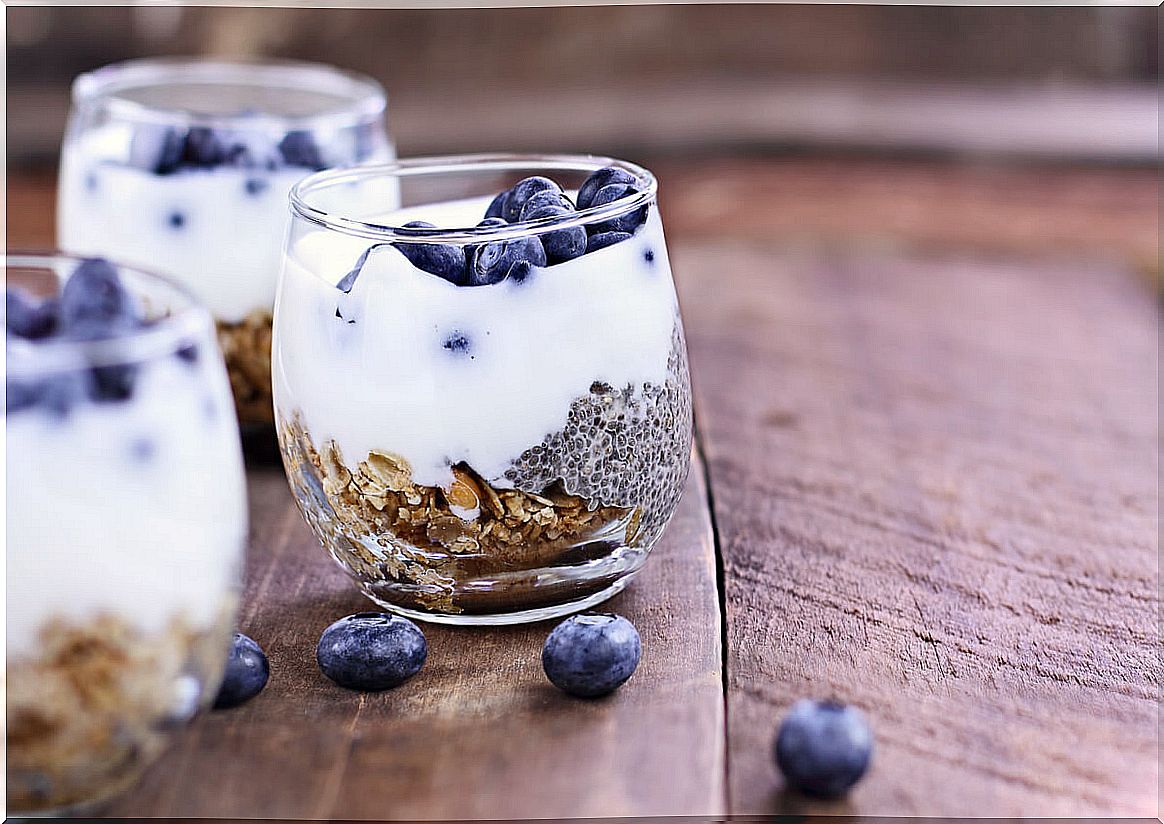
Four foods with probiotics
Here are four foods with probiotics that can be beneficial for your dog. These are not the only existing ones, but they can be a good starting point to accustom the animal to these microorganisms.
1. I think with probiotics
With regard to feed with probiotics, the market offers a wide variety of products. Typically, probiotics are integrated into the food formula and are displayed in different formats.
However, there is currently no clear regulation on the subject. In addition, there are also no reliable studies that demonstrate the effectiveness of foods with probiotics in domestic dogs.
2. Yogurt
Yogurt is one of the few, if not the only food, that has probiotics integrated into its natural formula. As for the form of administration of probiotics in the form of yogurt, this may vary according to the preference of the dog.
Normally, the yogurt is usually mixed with the feed or the pate and everything is crushed together. Another widely used option is to add it directly on top of the dog’s food.
3. Kefir
Kefir is a product obtained from lactic fermentation that can contain probiotics. In addition, it seems that this fermented milk may have a higher proportion of probiotics than yogurts.
4. Food supplements
Currently, the safest and most effective way to ingest probiotics are dietary supplements. These drugs have been tried and tested to ensure their functionality. They can also be found in a wide variety of formats on the market. The most common are pills, but they can also be administered in the form of capsules, powder, etc.
Of course, a clarification is necessary: probiotics can never be administered from humans to animals. Although the digestive system is similar, only those specific to each species should be used.
Are foods with probiotics beneficial for treating diseases?
Some studies have shown the benefit of probiotics in the treatment of some diseases. One of the pathologies studied is irritable bowel disease. In this disease, a deficiency of both bifidobacteria and lactobacilli has been observed. After administering supplements with lactobacilli, the patient’s symptoms have been reduced.
Despite studies on the efficacy of probiotics in cats and dogs, there are no conclusive results. Since the evidence observed varies from one investigation to another, it is still necessary to continue studying its role.
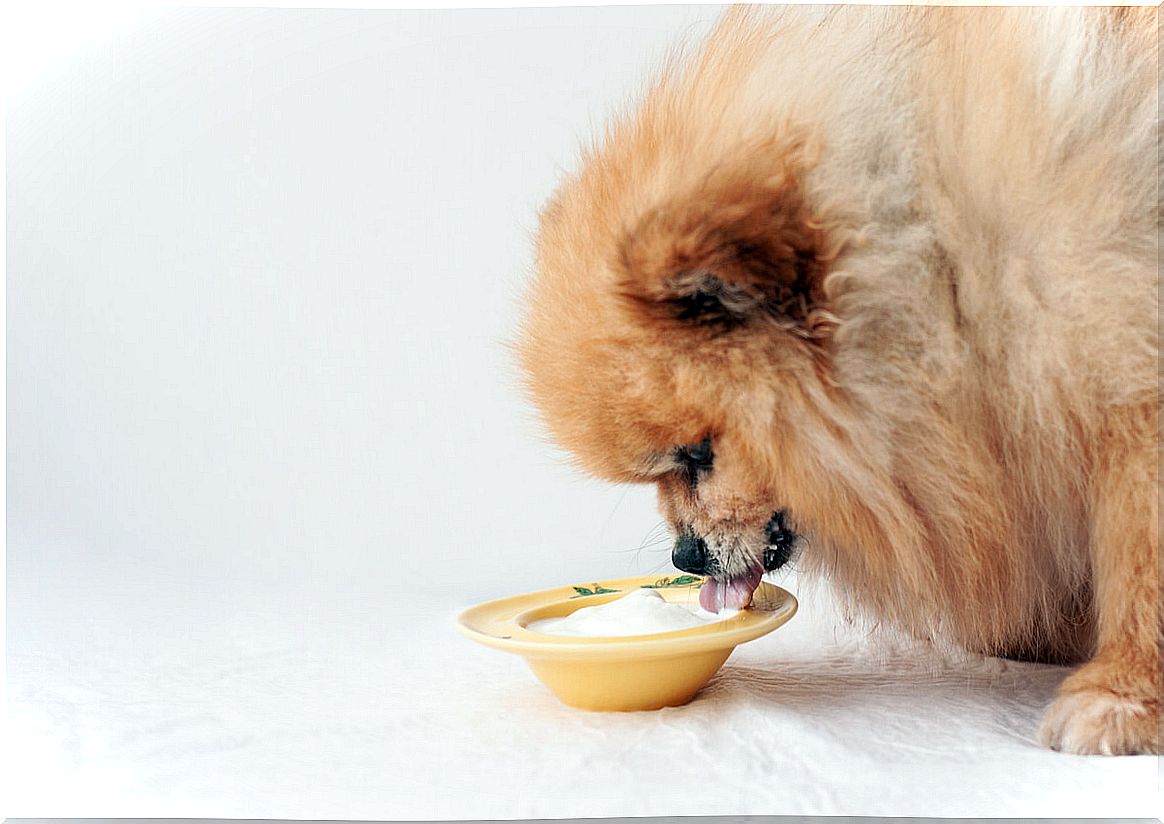
In conclusion, probiotic foods for dogs are gaining great relevance. However, the current offer must improve so that its administration is considered beneficial for the animal.
This is because probiotics are very sensitive in certain environmental conditions. Therefore, at present the main objective is to develop new foods with effective probiotics specific for dogs.

